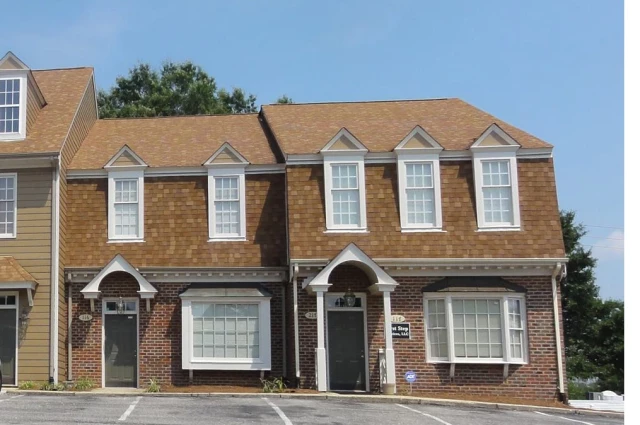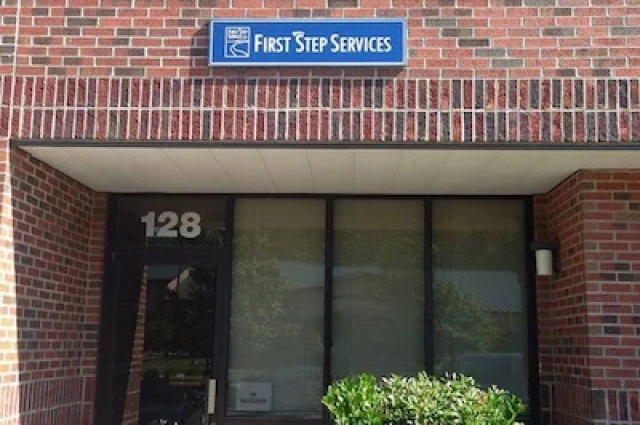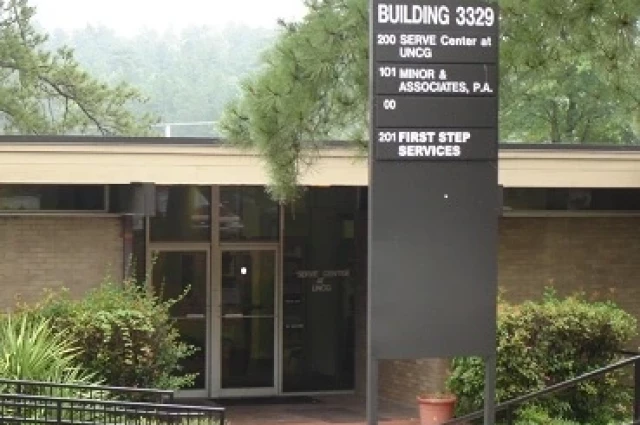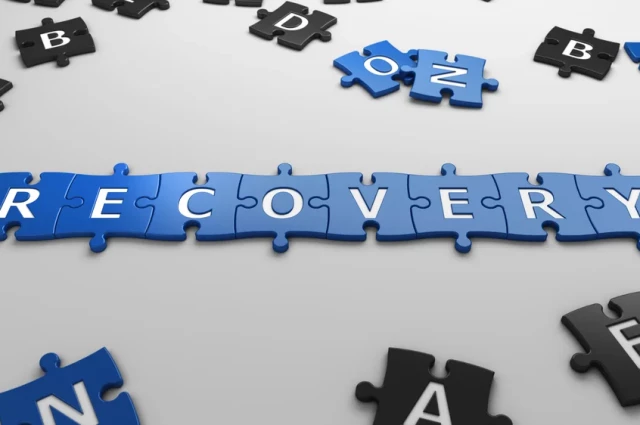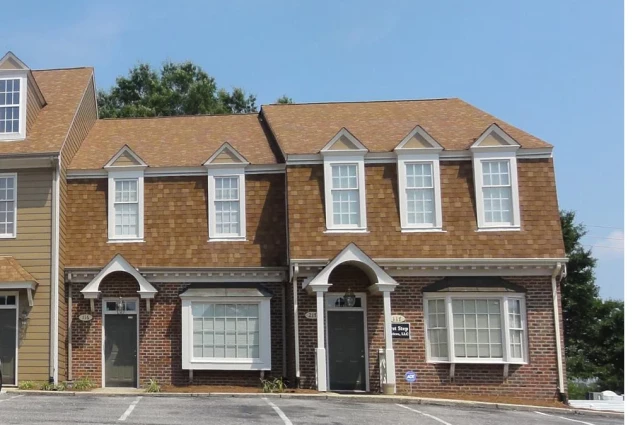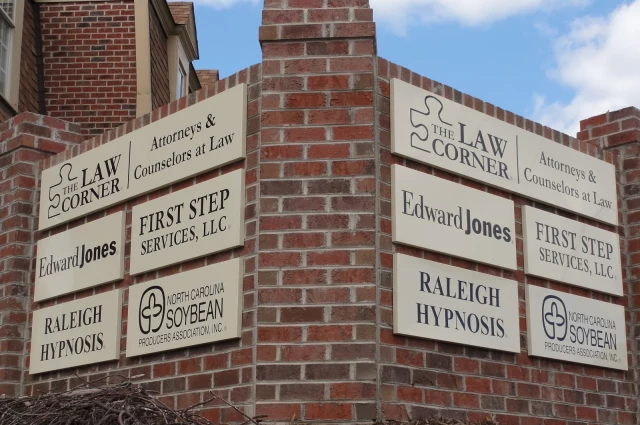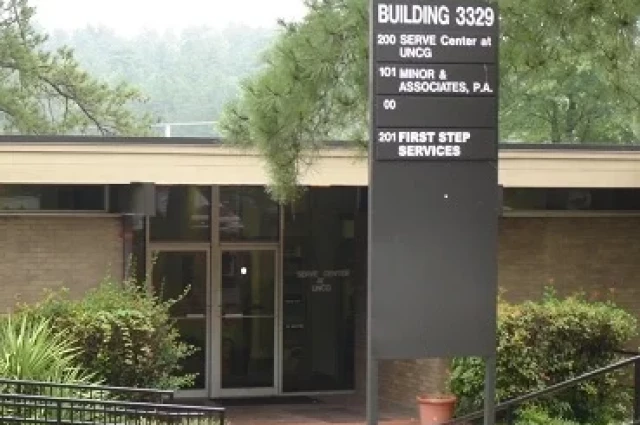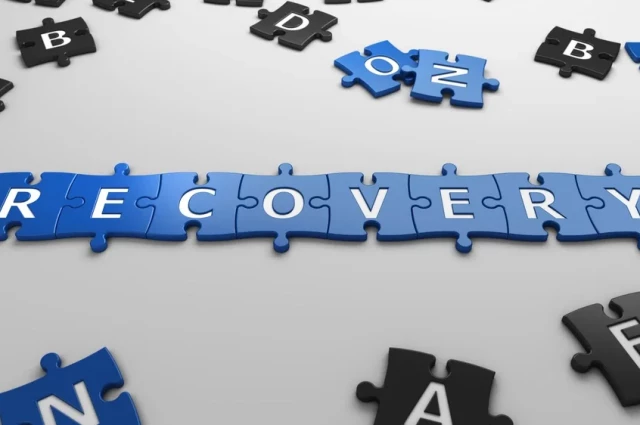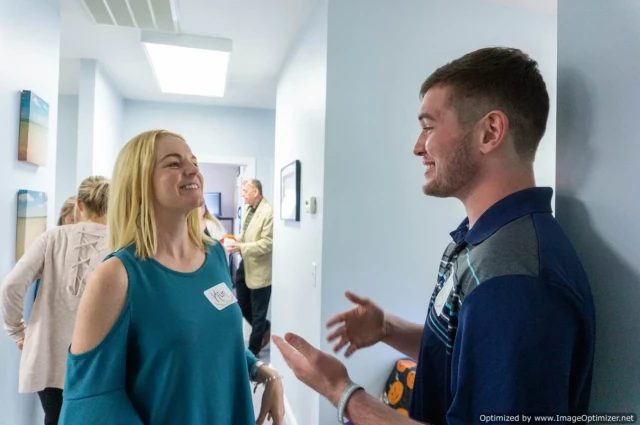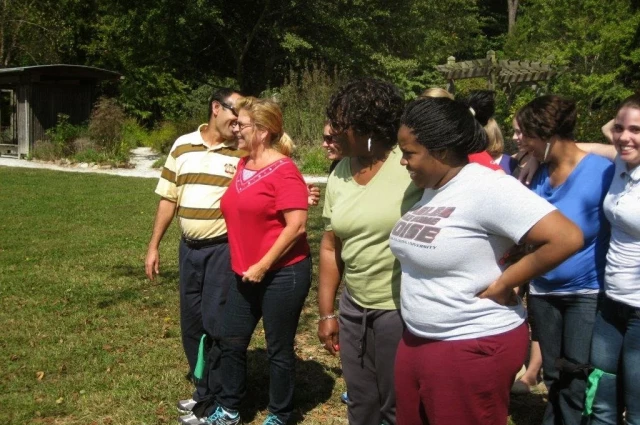First Step Services offers professional alcohol and drug treatment services to adults and adolescents in Raleigh, North Carolina. First Step Services provides a thorough approach to recovery with an emphasis on outpatient treatment for drug misuse. Individual and family therapy are offered as part of their programs, guaranteeing that patients get care that is specific to their needs.
Participants in First Step Services' Intensive Outpatient Program (IOP) must attend three sessions each week for a duration of 10 to 12 weeks. The program is structured to keep groups small—roughly six to eight people per counselor—in order to facilitate effective therapeutic involvement and individualized attention.
First Step Services puts the requirements of its clients first. The facility takes great satisfaction in providing prompt, discreet, and competent services. Because assessments are usually finished 24 to 48 hours after the first contact, treatment may be obtained quickly and effectively. In keeping with its dedication to helping people through a range of life situations, First Step Services also has close relationships with the local community, including EAPs, lawyers, and medical institutions.
At First Step Services, accessibility and affordability are also fundamental values. There are no registration or upfront costs, guaranteeing that clients may get the treatment they need regardless of their ability to pay. In order to reduce the cost burden of treatment, the center works directly with insurance companies to streamline authorizations and define benefits.
First Step Services Information
Treatment
Who We Treat
- Young Adults (18–25)
- Male and Female
Approaches
- Family Therapy
- Group Therapy
- Cognitive Behavioral Therapy (CBT)
- Motivational Interviewing
- 1-on-1 Counseling
- Medication-Assisted Treatment (MAT)
- Online Therapy
- Relapse Prevention Counseling
Languages
- English
Aftercare
- Outpatient Treatment
- Intensive Outpatient Program
- Continuing Care
Level of Care
- Outpatient
- Aftercare/Continuing Care
Experience
Smoking and Vaping Policy
- Smoking Allowed in Designated Areas
- Vaping Allowed in Designated Areas
Accreditations
-
State mental health department
State mental health department accreditation refers to the process of evaluating and certifying the quality and standards of a state's mental health department, ensuring that it provides high-quality services and meets specific criteria for mental health care. The accreditation process is performed by a third-party organization and helps to improve the overall care and treatment of individuals with mental health conditions.
-
State department of health
State Licenses, issued by government agencies, authorize rehabilitation organizations to legally operate within designated geographical areas. The specific licenses required for operation are typically determined by both the nature of the rehabilitation program provided by the facility and its physical location.

-
Commission on Accreditation of Rehabilitation Facilities (CARF)
Established in 1966, the non-profit organization known as the Commission on Accreditation of Rehabilitation Facilities (CARF) has a dedicated focus on accrediting rehabilitation organizations. CARF's primary mission is to assist service providers, particularly rehabilitation facilities, in upholding and promoting the highest standards of care.

Find the best treatment options. Call our free and confidential helpline today!
